Since the inauguration, each news cycle has been flooded with executive orders, targeting everything from birthright citizenship to climate change, striking at core American values. One of these orders signed on the very first day of the second Donald Trump administration targeted another subject: DEI.
The order, “Ending Radical And Wasteful Government DEI Programs And Preferencing,” called for ending diversity, equity and inclusion programs and the “termination of all discriminatory programs” in the government, which includes federal employment practices. Simultaneously, the Trump administration has pushed to freeze federal funding, limiting grants and research funding, which many DEI programs rely on.
In this whirlwind of news, it is easy to get lost in the Lab bubble, yet we must be reminded that this impacts everyone, including us. Though Lab itself does not receive federal funding, the University of Chicago does, so Lab is also subject to those rules. Though federal money may come with “strings attached” to dismantle DEI initiatives, those programs are essential no matter the cost.
Historically, DEI programs have established protections for historically marginalized communities. These programs are rooted in the Civil Rights Act of 1964, which barred employment discrimination based on race, gender, sex, religion and more. Additional policies preventing discrimination in the workplace and the federal government also promoted diversity through its hiring practices and incentives in its contracts.
DEI is essential within educational institutions. It is one large reason why students, particularly those from marginalized communities, can feel safe and comfortable. DEI is essential to Lab, and without that education, students won’t learn how our backgrounds influence our experiences and perspectives. That would harm the very fabric of our community.
Many of the programs within the Lab community are visible. Affinity groups, such as Black Students’ Association, Latinos Unidos, Young Men of Color and Young Women of Color, have hosted schoolwide assemblies for years, drawing attention to issues such as intersectionality, resistance and joy. Each year, dozens of students attend conferences and workshops or are designated as IMPACT leaders, all of whom bring DEI resources to the community and help their peers access them. These are only a handful of the ways in which DEI efforts operate within the school community on a student level. The efforts at the faculty and administration level certainly cannot be overlooked as well.
These efforts at Lab are indispensable to our community. In the 2024 Voice of Chicago Youth Student Poll, where more than 220 U-High students were surveyed, about 40% reported feeling somewhat to very concerned about DEI issues at school.
The point is, these efforts are not futile. They are not wasting time or money. In the coming months or even weeks, there could be countless more efforts to target DEI programs across the country. In our own Lab community, we must continue to value, protect or even expand the programs in place, no matter what challenges they face. These programs are valued, they are impactful and they are essential.




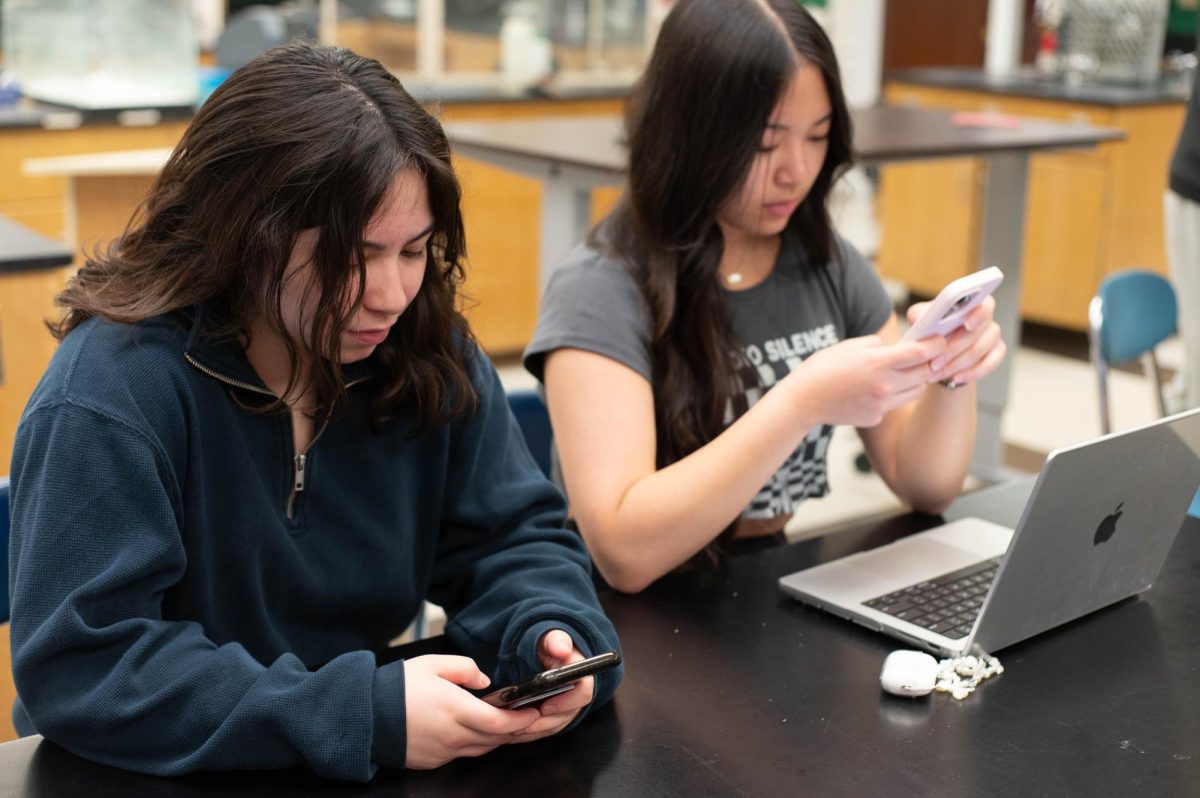
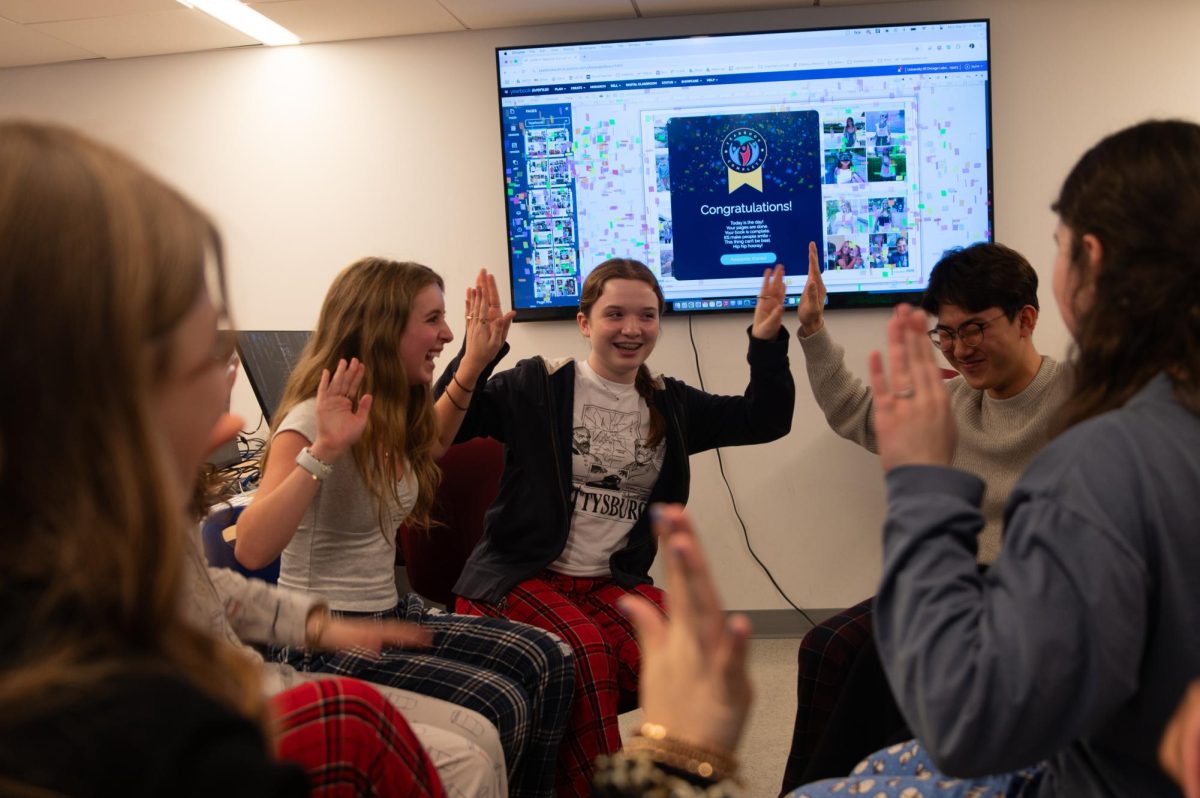





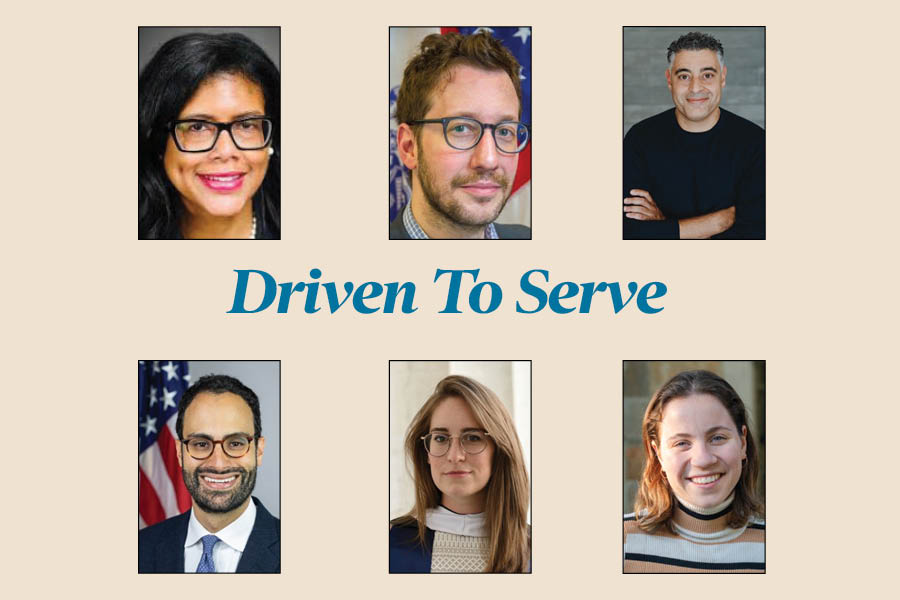







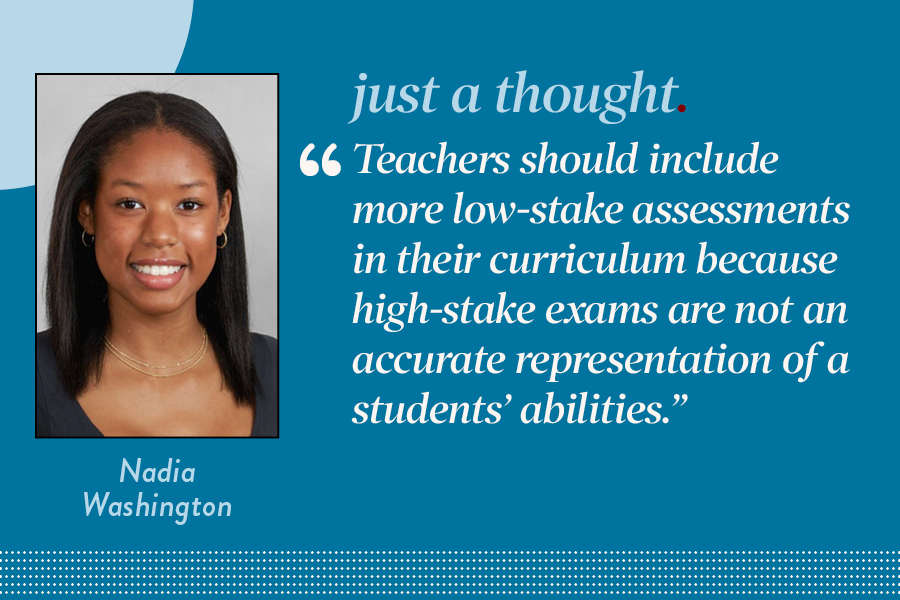
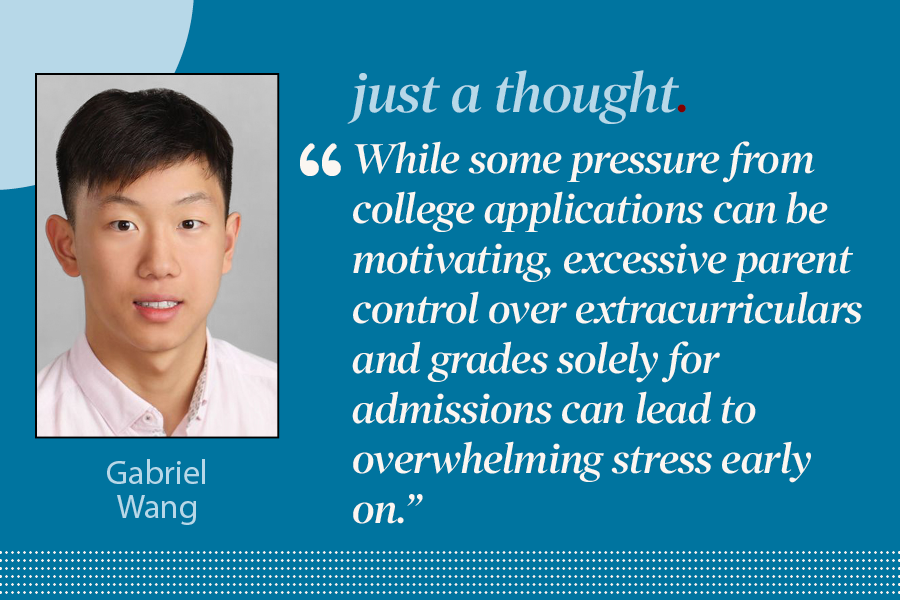
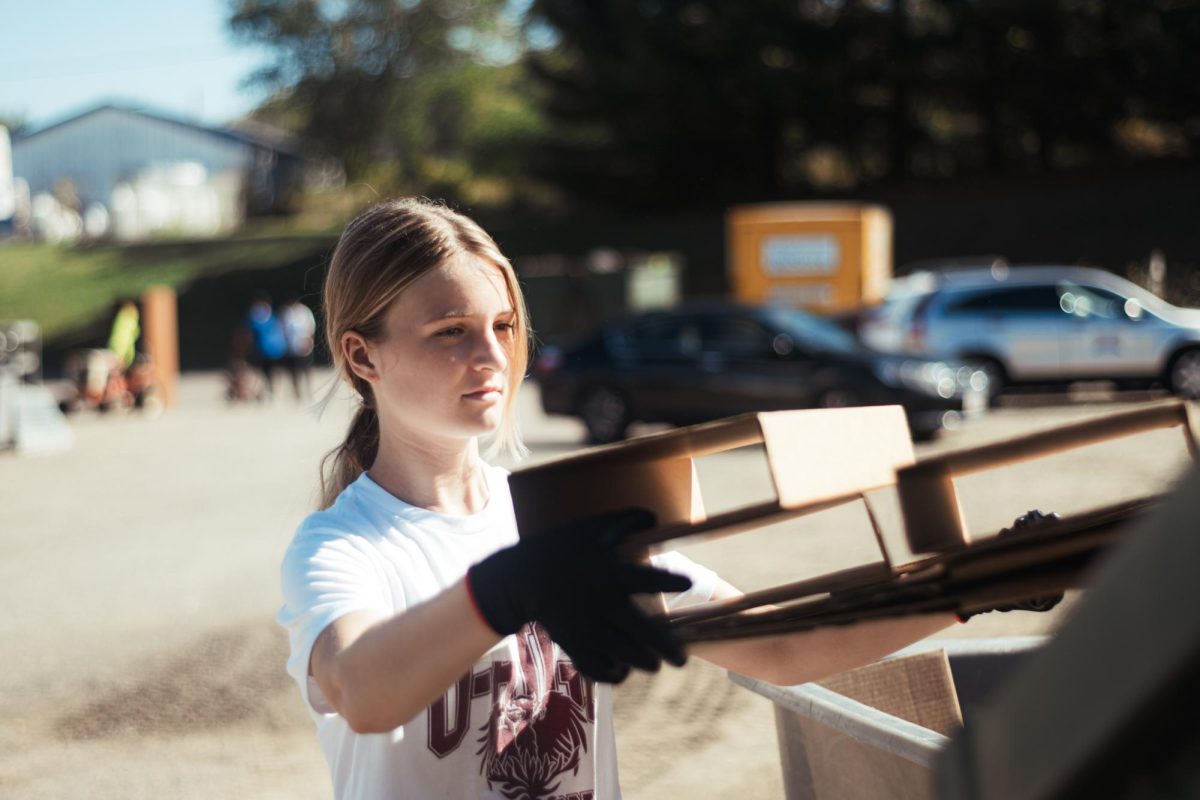
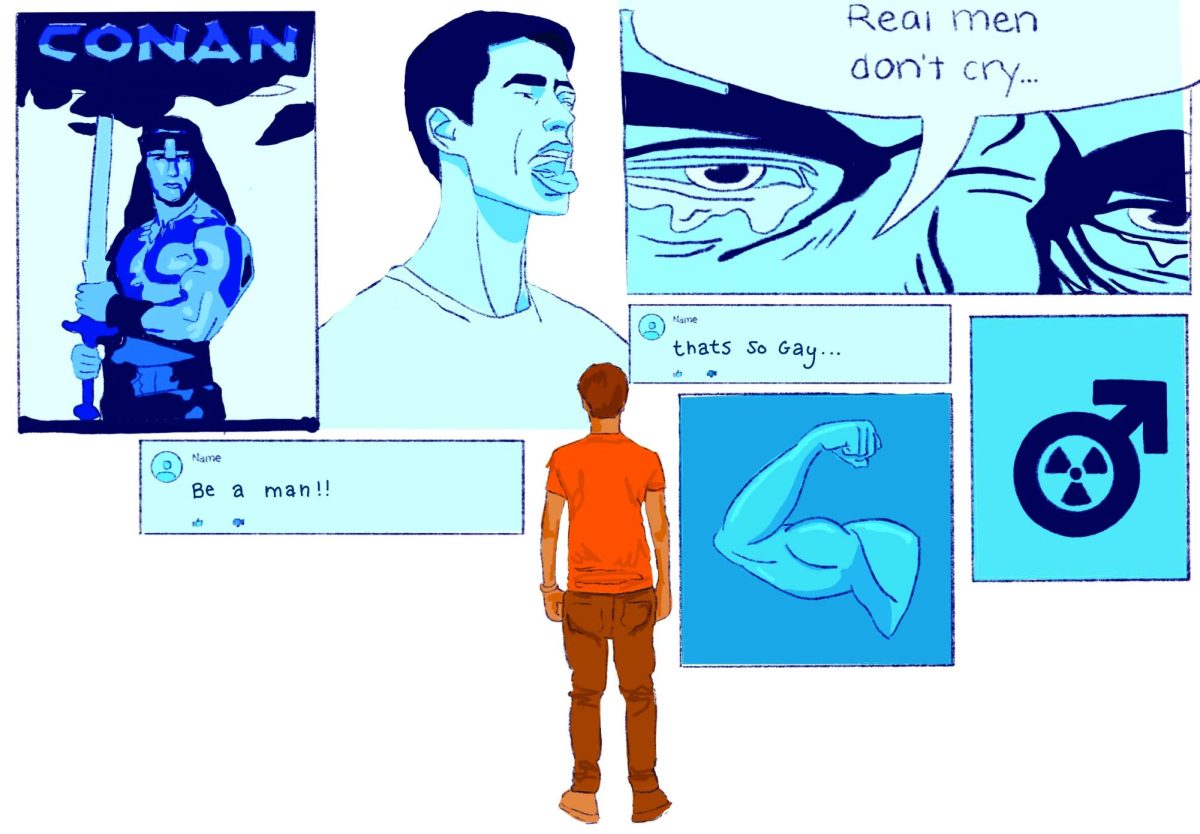

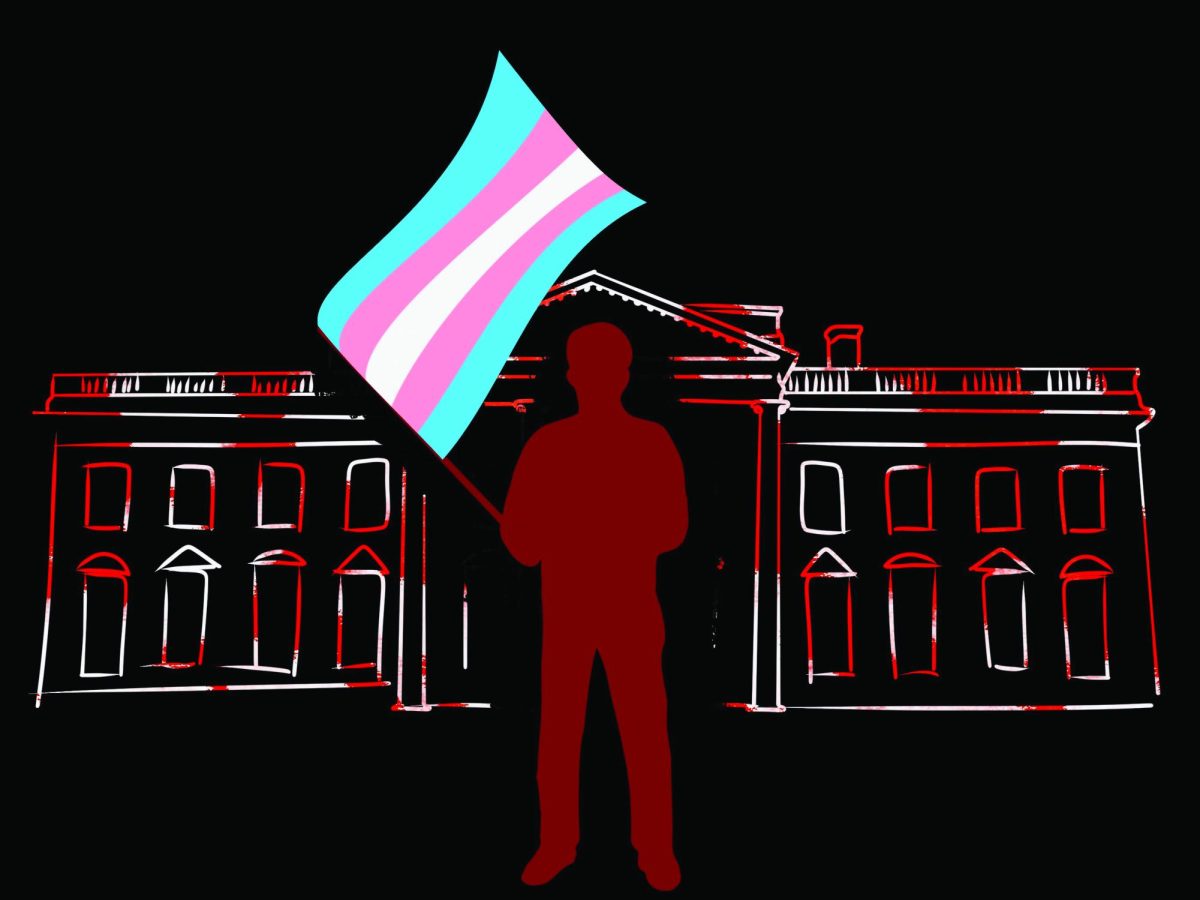

















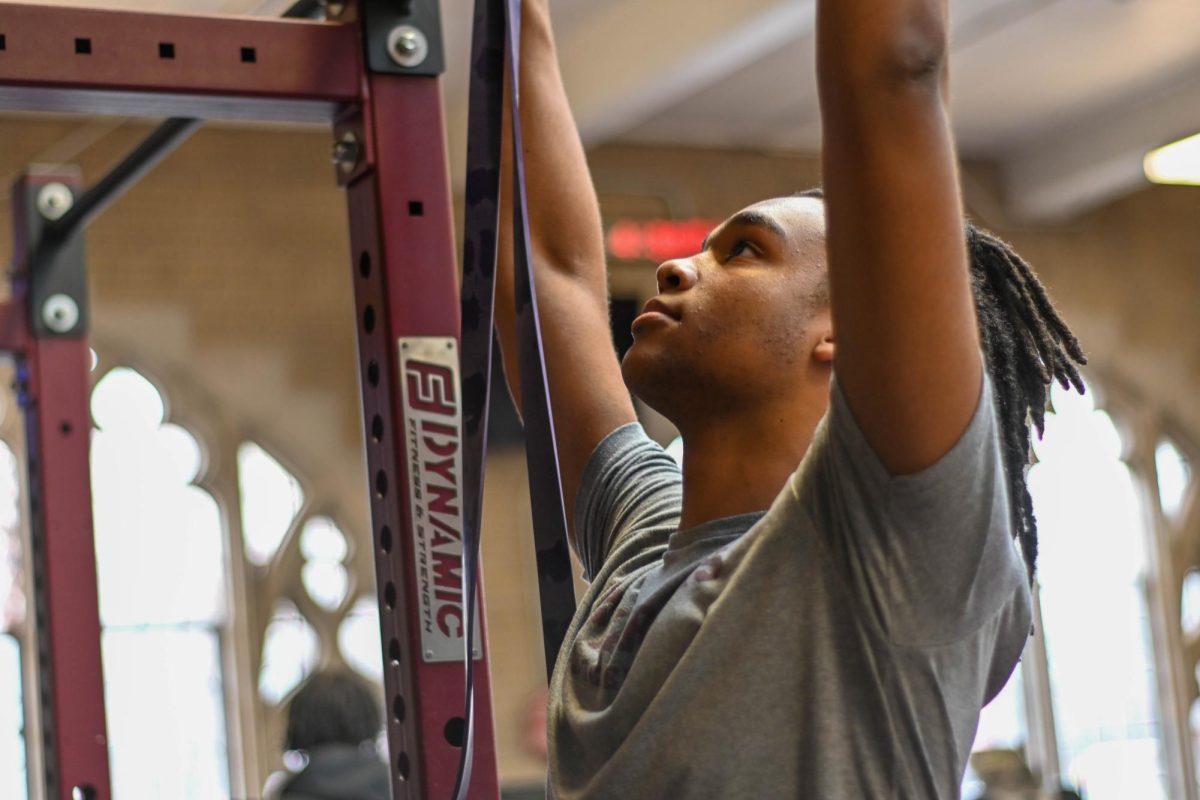












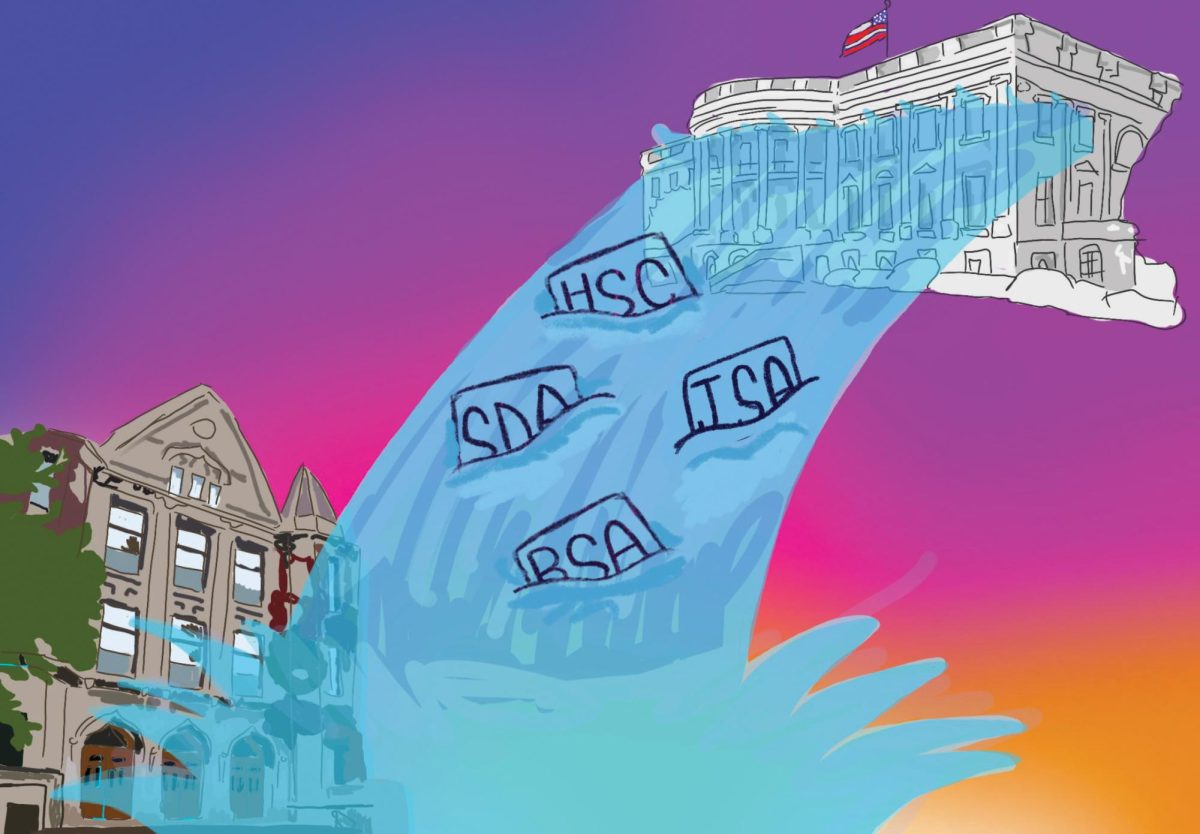
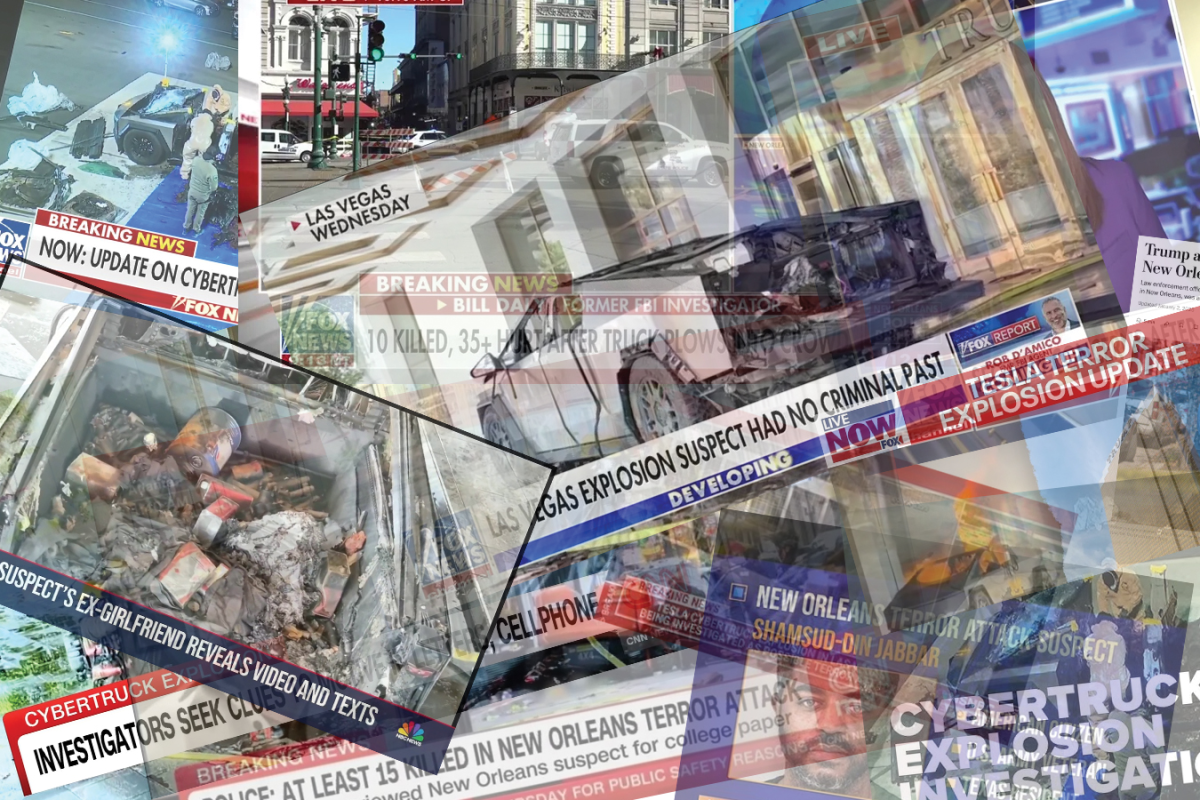
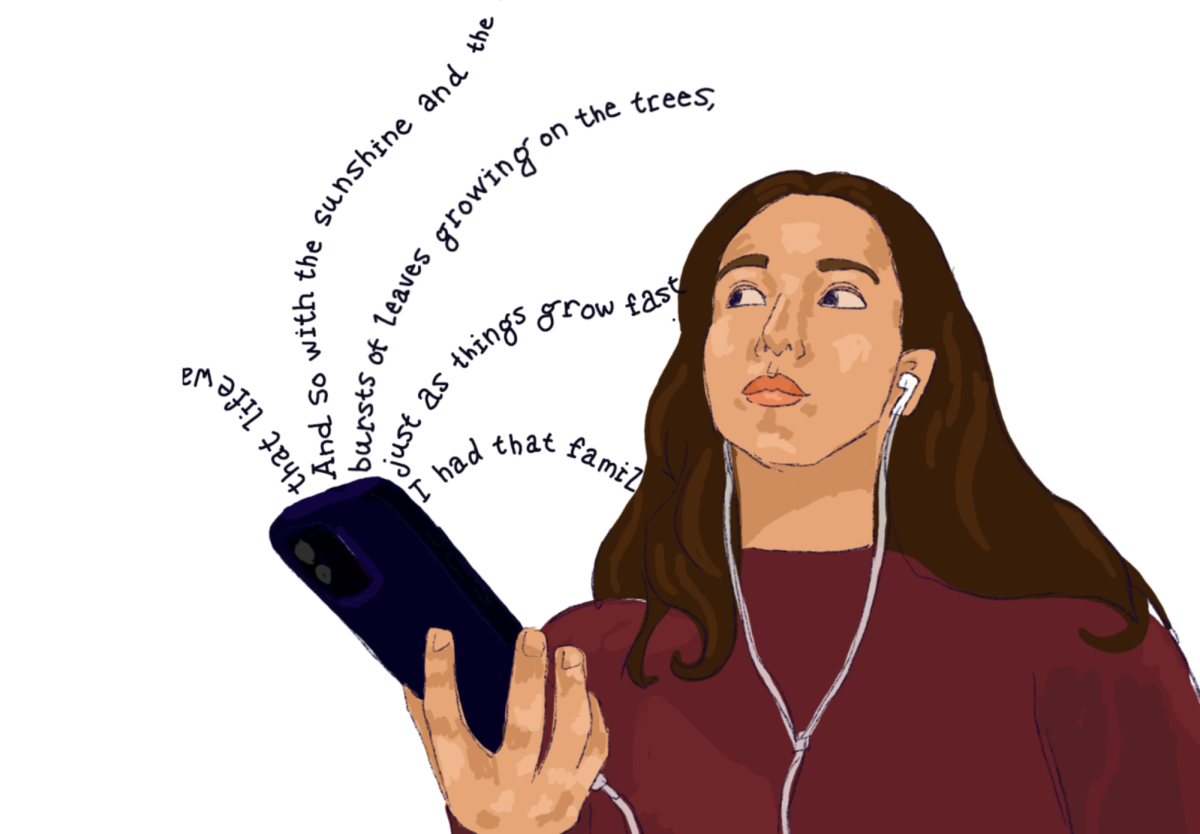
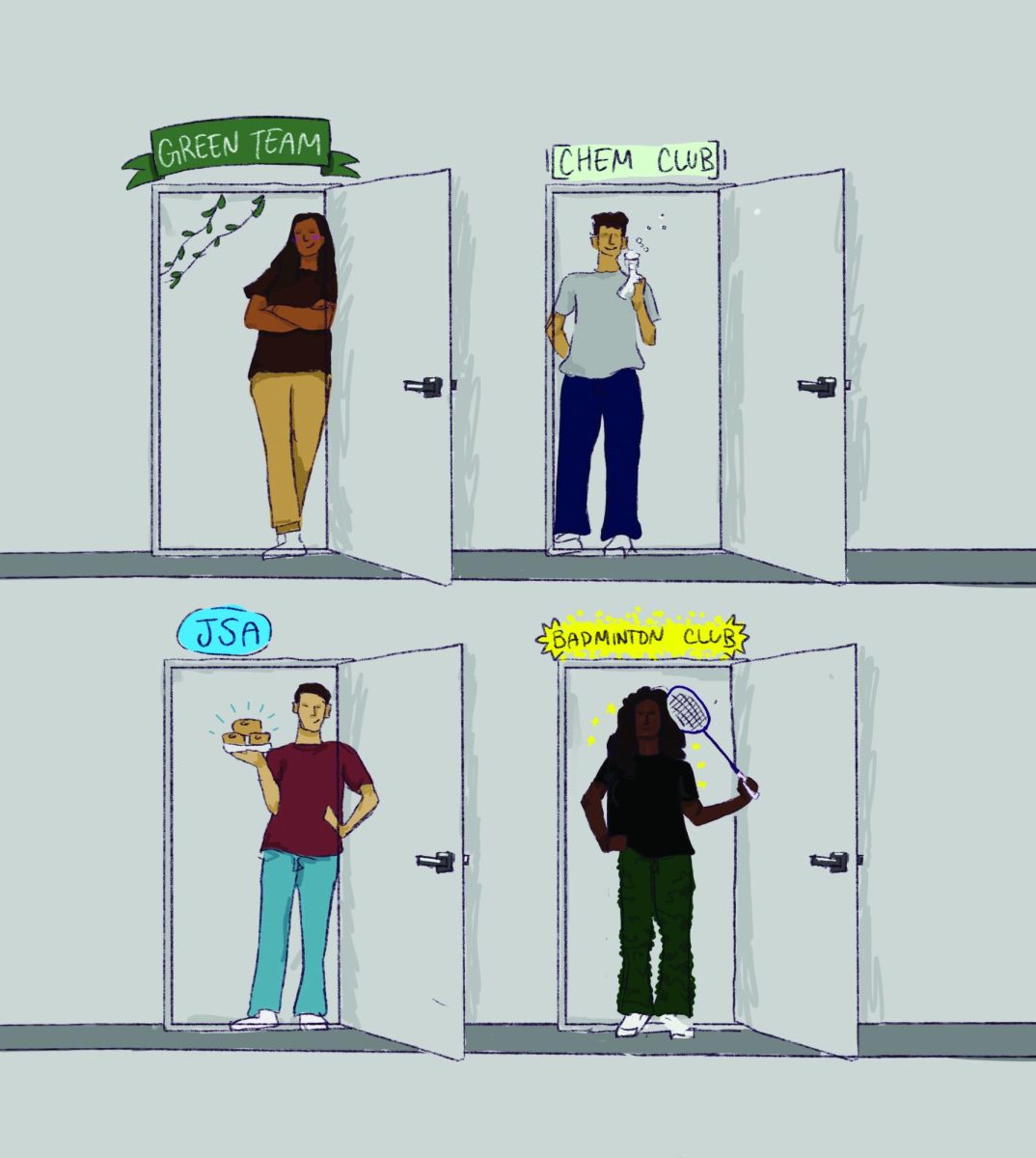



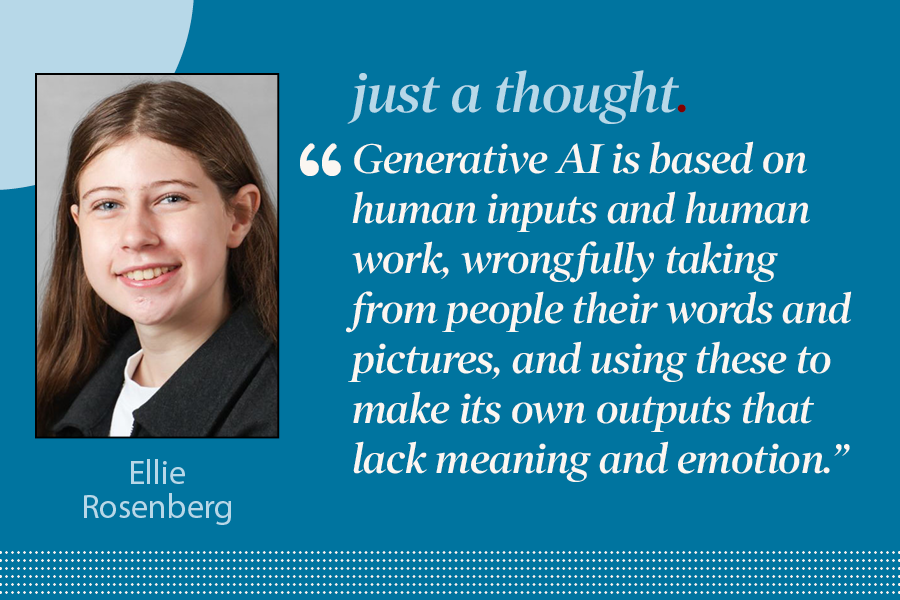

Sharon Williams • Mar 25, 2025 at 10:42 am
Thank you!
Noah Jahn • Mar 4, 2025 at 10:27 am
Agreed.